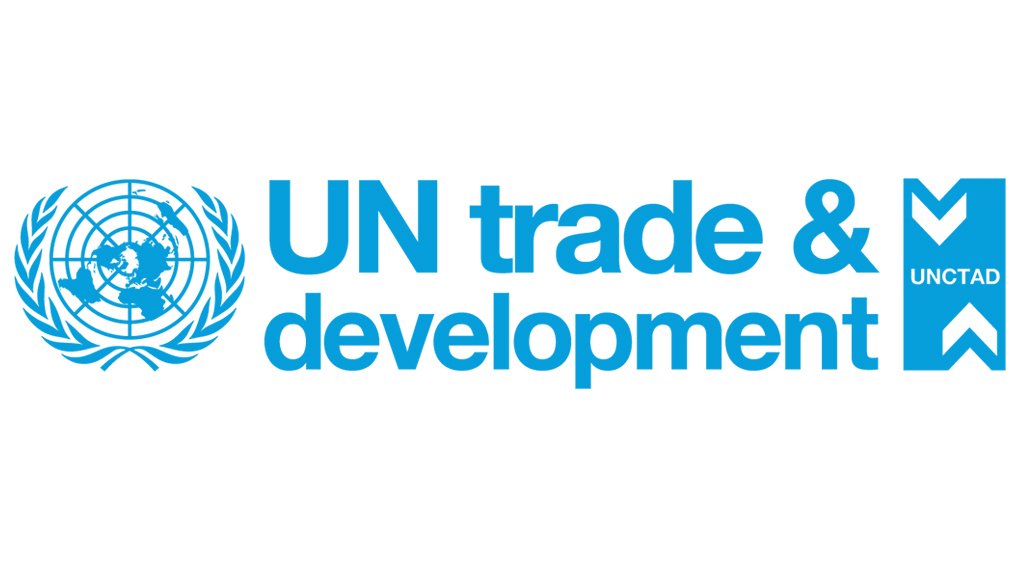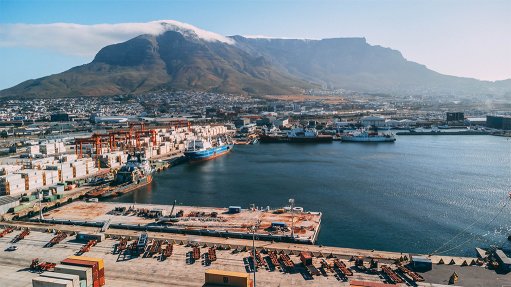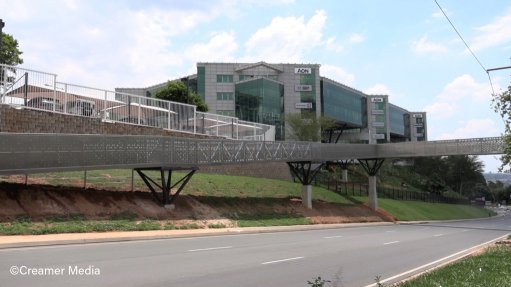Unctad report proffers suggestions to change Africa’s vulnerabilities into opportunities


Unctad’s ‘2024 Economic Development in Africa’ report notes that Africa has the potential to transform economic vulnerabilities into opportunities through trade, investment and regional integration
UN Trade and Development’s (Unctad’s) ‘2024 Economic Development in Africa’ report notes that Africa has the potential to transform economic vulnerabilities into opportunities through trade, investment and regional integration.
The African Continental Free Trade Area (AfCFTA), macroeconomic reforms and innovative financial tools could help stabilise economies and reduce reliance on volatile global markets, it outlines.
The report highlights investment in infrastructure, trade diversification and small and medium-sized enterprises (SMEs) as key to unlocking growth and driving sustainable development.
“Africa faces serious challenges – from volatile global markets and high debt costs to infrastructure gaps. But these challenges are also a chance to reshape the continent’s economic future. With bold reforms, investment and full implementation of the AfCFTA, Africa can emerge stronger, more resilient and more competitive,” Unctad secretary-general Rebeca Grynspan says.
Africa’s reliance on commodity exports, high trade costs and weak infrastructure is said to make it highly vulnerable to external shocks.
The report identifies key areas for action, including reducing dependence on volatile markets, lowering costs and strengthening SMEs.
Close to half of African countries rely on oil, gas or minerals for at least 60% of export earnings, exposing them to price fluctuations. Therefore, diversifying exports and boosting intra-African trade would create more stable revenue streams, the report avers.
Infrastructure gaps in transport, energy and information and communication technologies (ICT) make trade in Africa 50% more expensive than the global average, limiting competitiveness – especially for landlocked nations. Therefore, the report calls for investment in logistics and digital connectivity to unlock growth.
SMEs provide 80% of employment across Africa but have to contend with weak infrastructure, currency volatility and limited financial access. Therefore, expanding credit, risk-management tools and regional supply chains will boost their resilience, the report indicates.
Intra-African trade accounts for only 16% of total exports, with most trade still directed outside of the continent.
The full implementation of the AfCFTA could create a $3.4-trillion market, but unlocking this potential requires investing in infrastructure by expanding transport, energy and ICT networks; streamlining trade policies and processes such as customs; and supporting industrialisation through, for example, incentive tax breaks and affordable interest loans that can boost manufacturing and regional production, the report emphasises.
Proposed policy actions in the report include applying a vulnerability lens to public financial management, monitoring and reporting.
It also calls for facilitating optimal monetary policy by tailoring capital and liquidity requirements to risks and vulnerability to shocks.
The report suggests offering incentives that aim to promote industrialisation and local manufacturing and the sourcing or supply of goods and services targeted at regional markets.
There is also a suggestion to develop a regional mechanism to manage trade-related risks.
The report suggests setting up emergency or crisis-response trade finance and supply chain finance facilities.
It also calls for the creation of a supportive environment for the use of sophisticated financial instruments and stability in cross-border financial transactions.
Further, it calls for safeguarding stability in cross-border capital flows.
The report suggests institutionalising enterprise risk-management practices.
It also suggests aligning enterprise risk-management strategy and regulatory frameworks with regional trade agreements.
Article Enquiry
Email Article
Save Article
Feedback
To advertise email advertising@creamermedia.co.za or click here
Comments
Announcements
What's On
Subscribe to improve your user experience...
Option 1 (equivalent of R125 a month):
Receive a weekly copy of Creamer Media's Engineering News & Mining Weekly magazine
(print copy for those in South Africa and e-magazine for those outside of South Africa)
Receive daily email newsletters
Access to full search results
Access archive of magazine back copies
Access to Projects in Progress
Access to ONE Research Report of your choice in PDF format
Option 2 (equivalent of R375 a month):
All benefits from Option 1
PLUS
Access to Creamer Media's Research Channel Africa for ALL Research Reports, in PDF format, on various industrial and mining sectors
including Electricity; Water; Energy Transition; Hydrogen; Roads, Rail and Ports; Coal; Gold; Platinum; Battery Metals; etc.
Already a subscriber?
Forgotten your password?
Receive weekly copy of Creamer Media's Engineering News & Mining Weekly magazine (print copy for those in South Africa and e-magazine for those outside of South Africa)
➕
Recieve daily email newsletters
➕
Access to full search results
➕
Access archive of magazine back copies
➕
Access to Projects in Progress
➕
Access to ONE Research Report of your choice in PDF format
RESEARCH CHANNEL AFRICA
R4500 (equivalent of R375 a month)
SUBSCRIBEAll benefits from Option 1
➕
Access to Creamer Media's Research Channel Africa for ALL Research Reports on various industrial and mining sectors, in PDF format, including on:
Electricity
➕
Water
➕
Energy Transition
➕
Hydrogen
➕
Roads, Rail and Ports
➕
Coal
➕
Gold
➕
Platinum
➕
Battery Metals
➕
etc.
Receive all benefits from Option 1 or Option 2 delivered to numerous people at your company
➕
Multiple User names and Passwords for simultaneous log-ins
➕
Intranet integration access to all in your organisation



















